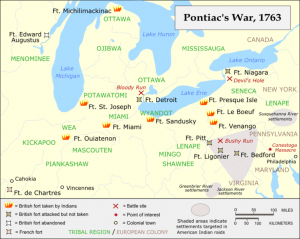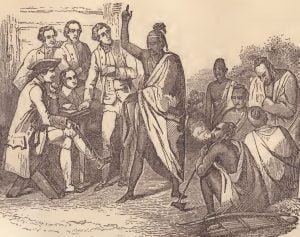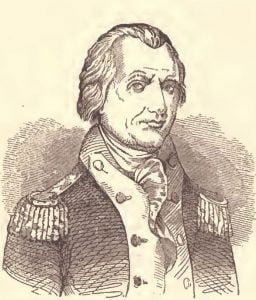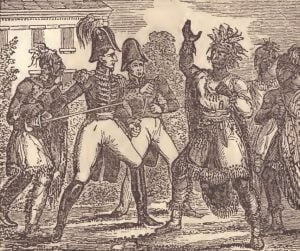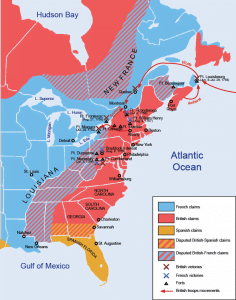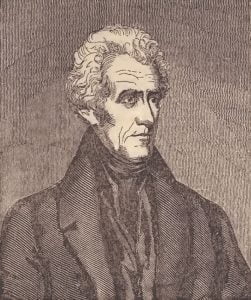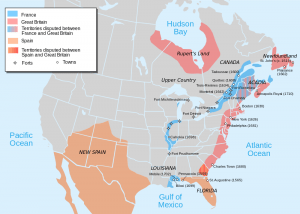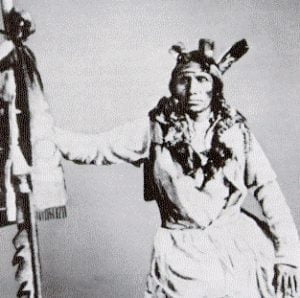William Cody – “Buffalo Bill” His Life and Adventures – Indian Wars
One of the best known, and since the death of the renowned Kit Carson, probably the most reliable guide on the Western frontier, is William Cody, otherwise known as “Buffalo Bill.” His exploits have been the theme of a dozen novelists, and in the year just past (1870-72) his movements have been as accurately and frequently chronicled by the daily press throughout the country as they would have been had he been an official magnate of the highest degree. There is something especially attractive in the romance attending the career of one of these noted hunters, which never palls upon … Read more



